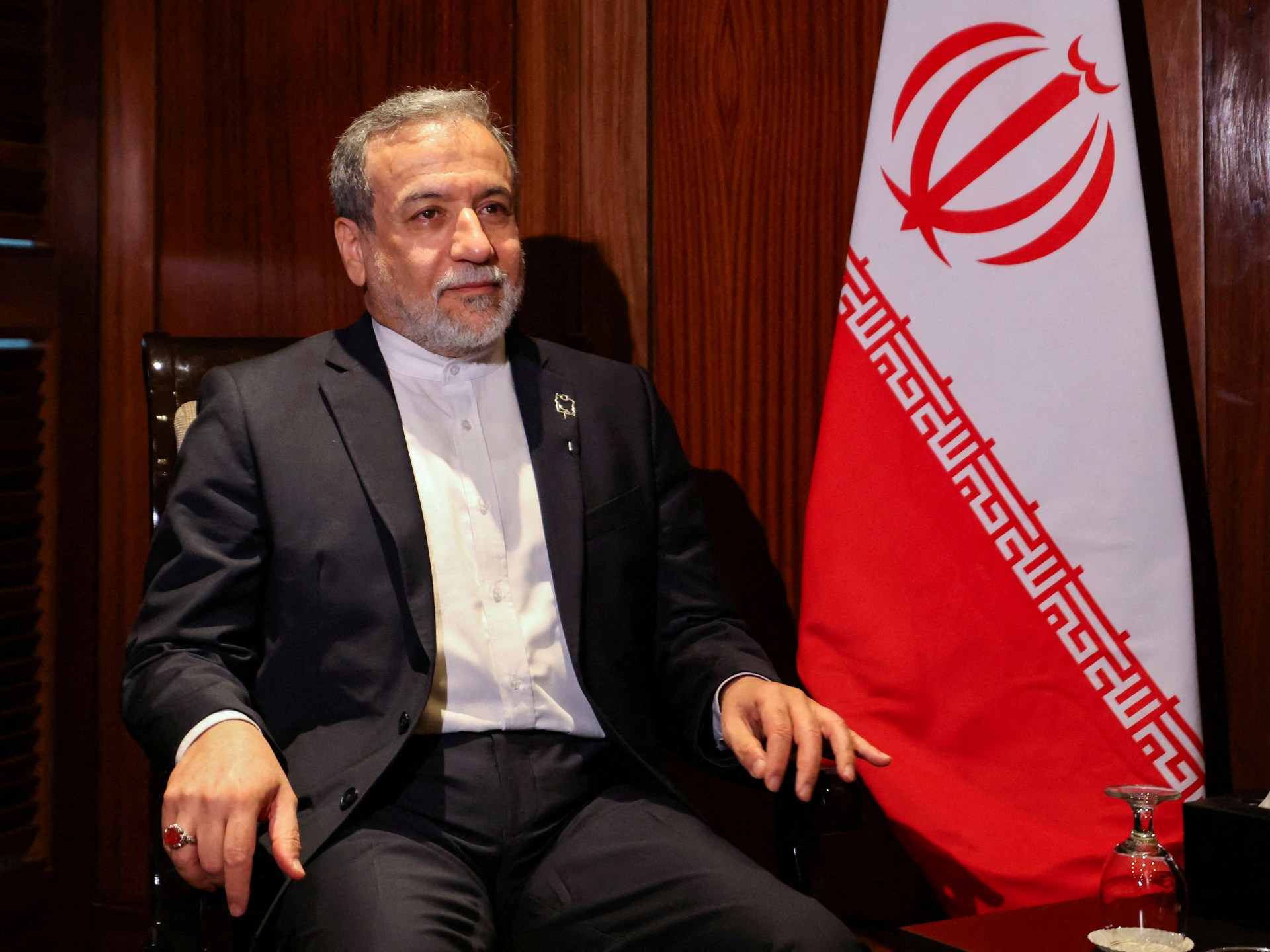Abbas Araghchi, the Iranian foreign minister, refutes rumors Iran would leave the Nuclear Non-Proliferation Treaty in response to significant attacks by Israel and the United States on its nuclear and other sites.
Despite recently passing a law requiring Iran to suspend cooperation with the UN nuclear watchdog, the International Atomic Energy Agency (IAEA), Araghchi added on Thursday that Iran will still follow its agreement to follow its safeguards.
The UN agency can ensure that the nations’ nuclear programs remain peaceful thanks to safeguards agreements signed by the IAEA and NPT signatories.
In a social media post, Araghchi wrote that “Iran continues to support the NPT and its Safeguards Agreement.”
Our cooperation with Iran’s Supreme National Security Council will be channeled through Iran’s Supreme National Security Council for obvious safety and security reasons in accordance with the new legislation passed by Majlis [parliament] sparked by the unlawful attacks against our nuclear facilities by Israel and the US.
IAEA inspectors won’t be able to access Iran’s nuclear sites until after the agreement is concluded, and when and how it will be done.
The German Federal Foreign Office’s statement, which called the Iranian IAEA’s legislation a “devastating message,” was Araghchi’s response.
Germany, one of Israel’s most fervent allies, supported the attacks against Iran last month, and the Iranian foreign minister blasted the criticism.
Chancellor Friedrich Merz suggested Germany and the West could gain from the war at the height of Israel’s offensive, which was launched without warning.
He claimed that Israel is performing “dirty work” for everyone of us. He received praise for his remarks from Israeli officials, which sparked outrage in some other circles.
Araghchi criticized “Germany’s explicit support for Israel’s unlawful attack on Iran, including safeguarded nuclear sites,” calling it “dirt work” carried out on behalf of the West on Thursday.
He also accused Berlin of violating its obligations under the multilateral nuclear agreement of 2015, which included a demand that Iran not enrich any of its nuclear weapons.
The pact, which US President Donald Trump torpedoed in his first year in 2018, allows Iran to enrich uranium at a low grade under strict supervision.
Germany’s Nazi-style support of the Genocide in Gaza and its support of Saddam’s war against Iran, according to Araghchi in a post on X.
The notion that the German regime harbors anything but malice toward Iranians has been dispelled by the explicit support of Germany for the bombing of Iran.
Iran has long accused former West German companies of aiding late Iraqi leader Saddam Hussein in developing chemical weapons that he used against Iranian forces during the 1980s conflict.
Berlin has not publicly acknowledged its involvement in the program, despite Iran’s request for it to investigate its links to Iraq’s chemical weapons.
In the recent 12-day conflict between Israel and Iran, which resulted in the deaths of hundreds of Iranian civilians, including nuclear scientists and their families, as well as top military officials, Germany and other European countries publicly supported Israel.
Last month, the US bombed three Iranian nuclear facilities in response to the Israeli campaign. Iran launched a missile strike on a Qatari airbase where US soldiers were stationed in retaliation for the US attack. A ceasefire was reached moments later.
Iranian officials have harshly criticized the IAEA for failing to condemn the Israeli and US airstrikes and for passing a resolution on June 12 accusing Tehran of breaking its nuclear obligations the day before Israel launched its attack.
Nuclear sites are protected by international law because of the high risk of an environmental disaster if radioactive material leaks as a result of attacks.
Following the US and Israeli strikes, it is unclear how far the Iranian nuclear program is.
The Pentagon claimed on Wednesday that Iran’s nuclear program had been delayed by one to two years as a result of the US bombing operation.
However, Rafael Grossi, the IAEA’s director, recently claimed that Iran might start enriching uranium once more in the coming weeks. The production of nuclear fuel is accomplished through enrichment, which increases the purity of radioactive uranium atoms.
Source: Aljazeera

Leave a Reply